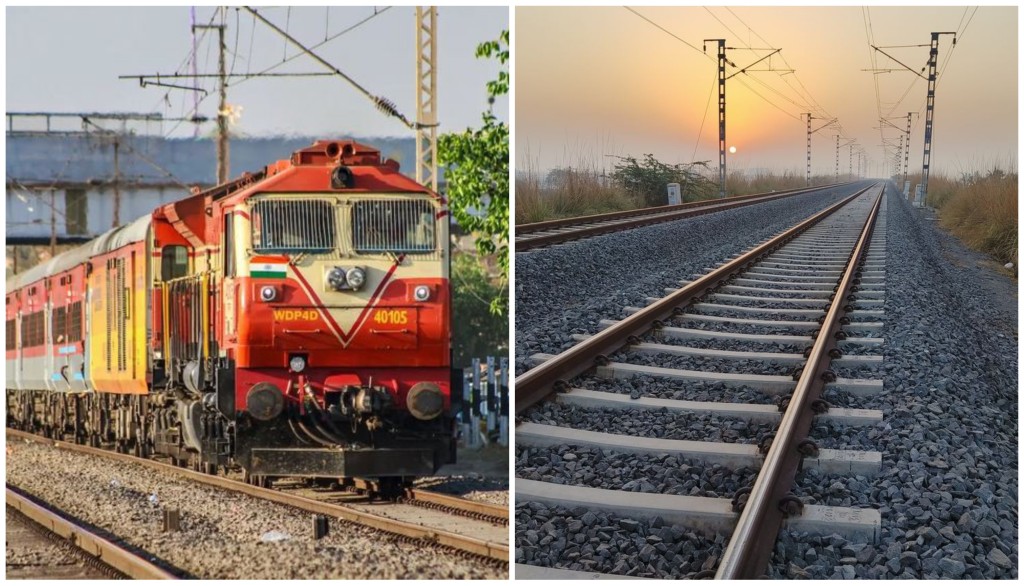
Bihar: India and Nepal may soon be connected by a direct train route for the first time, as plans for a new railway line from Raxaul in Bihar to Kathmandu move into the final phase. The proposed 136-kilometre track—estimated to cost Rs 25,000 crore—will have 13 stations and could eventually enable direct rail travel between Delhi and the Nepali capital.
The final location survey (FLS) for the Raxaul–Kathmandu route is currently underway, led by Konkan Railway Corporation Limited. The year-long survey will cost Rs 37 crore, and a detailed project report (DPR) will follow. Officials expect the project cost may rise slightly when the final DPR is complete. Once approved, the government will invite tenders for construction.
According to railway officials, the Delhi–Raxaul rail link already exists. The new stretch will cover the remaining leg from Raxaul—just across the border from Birgunj, Nepal—to Kathmandu. The distance, which currently takes five hours by road, could be reduced to two to three hours by train.
The rail line is expected to boost bilateral trade, ease passenger movement, and strengthen cultural and strategic ties between the two nations.
Why the Delhi–Kathmandu Rail Link Matters
- Tourism: The route is set to enhance two-way tourism. Indian visitors flock to destinations like Pokhara, Phewa Lake, and Everest Base Camp, while Nepali tourists frequent Buddhist and Hindu heritage sites such as Vaishali, Rajgir, and Bodh Gaya.
- Culture and Faith: The train will improve access to key pilgrimage sites. Nepal’s Pashupatinath Temple and Janakpur hold deep spiritual significance for Indians, while sites like Sitamarhi and Baba Baidyanath Dham attract Nepali devotees.
- Economy: Trade between the countries currently relies on roads, often leading to delays and high costs. The new rail link will offer a faster, more efficient route for moving goods and services.
- Geopolitics: At a time when India–Nepal relations have seen strain due to increasing Chinese engagement, infrastructure projects like this could help rebuild trust and reinforce traditional ties.






